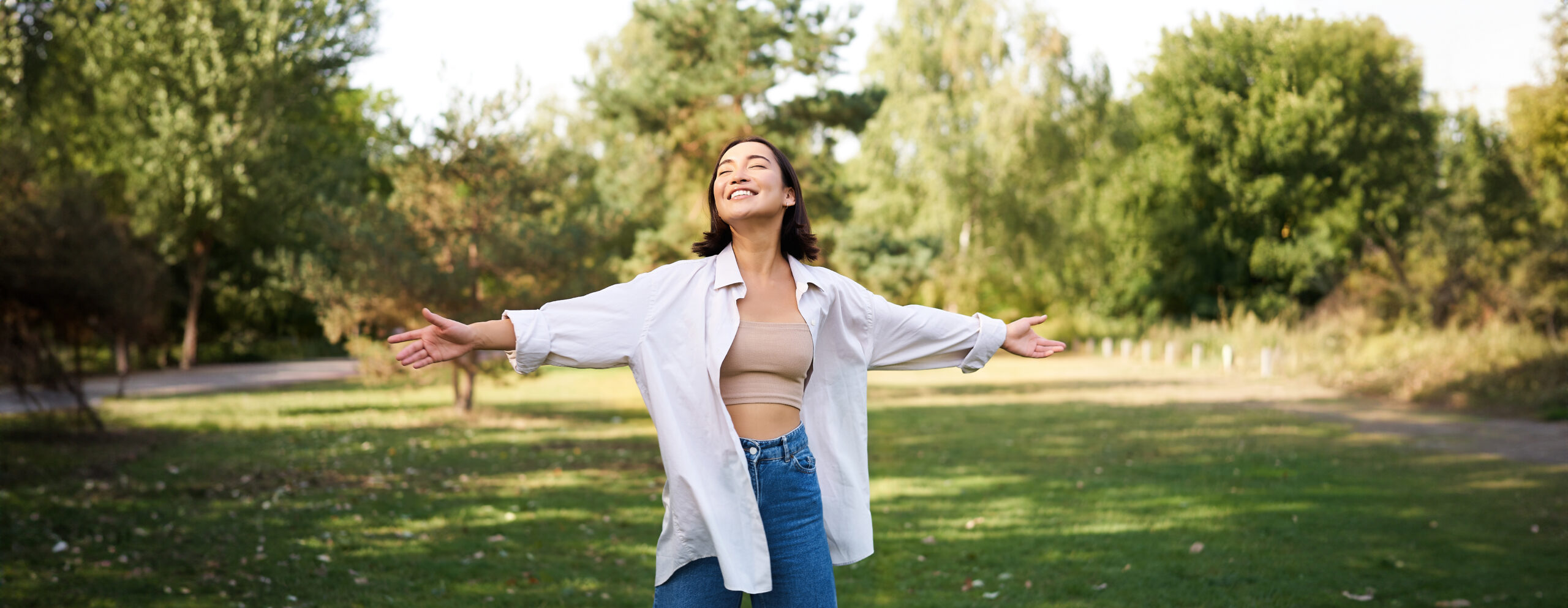Stress is part of life—but it doesn’t have to take over your life. You don’t need a long vacation or a major life overhaul to feel more at ease. Sometimes, the smallest changes in your daily habits and mindset can lead to the biggest improvements in how you feel.
In this article, we’ll explore simple, practical adjustments you can make right away to reduce stress and create more calm in your day-to-day routine.
Understanding Stress in the Modern World
Before we dive into solutions, it helps to understand what stress really is. At its core, stress is your body’s reaction to a perceived threat. It was designed to protect you—but when it becomes chronic, it can harm your health.
Common signs of chronic stress include:
- Fatigue and trouble sleeping
- Muscle tension or frequent headaches
- Mood swings or irritability
- Difficulty focusing
- Changes in appetite
The good news? You can interrupt this cycle with intentional, manageable steps.
1. Start Your Day with Intention
How you begin your morning sets the emotional tone for the rest of your day. Instead of jumping out of bed and rushing into tasks, take a few minutes to center yourself.
Try this:
- Sit quietly and take five deep breaths
- Set a simple intention (e.g., “Today I will stay calm under pressure”)
- Avoid checking emails or social media right away
This calm start helps build emotional resilience throughout the day.
2. Declutter Your Physical Space
Believe it or not, clutter creates mental stress. A messy room or disorganized desk can overwhelm your senses and make you feel out of control.
You don’t need to clean the whole house—just start small:
- Clear off your desk at the end of the day
- Tidy up one drawer or corner
- Make your bed each morning
Even 10 minutes of decluttering can bring instant calm.
3. Limit Multitasking
Multitasking might seem efficient, but it actually increases stress and reduces focus. Your brain wasn’t designed to juggle five things at once.
Instead, try single-tasking:
- Focus on one task at a time
- Set a timer for 25–30 minutes of focused work (Pomodoro method)
- Take a short break before switching tasks
You’ll feel more productive—and less mentally scattered.
4. Practice the Power of Pausing
Throughout the day, give yourself short breaks to reset. These pauses help prevent stress from building up and spilling over.
Try this:
- Stand up and stretch for 1–2 minutes
- Close your eyes and take three slow breaths
- Step outside for fresh air, even for just 5 minutes
Short breaks can completely shift your energy and mood.
5. Create a “Worry Time” Ritual
If your mind is constantly racing with to-dos, concerns, and what-ifs, consider scheduling time to worry.
Here’s how:
- Choose 10–15 minutes at the same time each day
- During this time, write down all your worries
- Once time’s up, close your notebook and shift your focus
This helps contain anxiety instead of letting it spill into every hour.
6. Drink Water Before Caffeine
Caffeine can boost your energy, but it also amplifies anxiety if you’re already feeling stressed. Hydrating first thing in the morning helps balance your nervous system.
Try this:
- Drink a full glass of water before your first cup of coffee
- Keep a bottle with you and sip throughout the day
- Try herbal teas in the afternoon for a calmer boost
You’ll likely notice less tension and more clarity.
7. Simplify Your Schedule
Overscheduling yourself leads directly to burnout. To reduce stress, look for areas in your life where you can say “no” or “not now.”
Ask yourself:
- Do I really need to do this today?
- Can someone else handle this?
- Is this activity giving me energy or draining it?
Sometimes, doing less is the healthiest choice.
8. Let Go of Perfection
Trying to do everything perfectly is one of the fastest routes to stress. It creates unrealistic standards and constant self-pressure.
Practice “good enough” thinking:
- Choose progress over perfection
- Celebrate small wins
- Let yourself rest, even with an unfinished to-do list
You are not a machine. Give yourself permission to be human.
9. Connect with Your Senses
When stress builds, grounding yourself through your senses can calm your nervous system.
Here are a few techniques:
- Light a candle with a soothing scent
- Listen to calming music
- Rub lotion on your hands slowly
- Eat a piece of fruit mindfully, noticing taste and texture
Bringing your awareness back to your body helps bring you back to the present moment.
10. End the Day With a Wind-Down Routine
Just like mornings matter, evenings shape how you rest and recharge. Instead of going to bed overwhelmed or overstimulated, create a relaxing wind-down ritual.
Ideas include:
- Dimming lights 1 hour before bed
- Reading instead of scrolling
- Stretching or doing light yoga
- Writing down 3 things you’re grateful for
A peaceful night leads to a calmer tomorrow.
Little Things Create Big Shifts
Stress doesn’t always come from huge problems—it often builds up from tiny moments of disconnection, overwhelm, or neglect.
By making small changes to your daily habits, you start to rebuild your foundation of calm, clarity, and control.
You don’t need to do everything all at once. Pick one change, practice it daily, and notice how your mind and body respond. Then add another. And another.
In time, these small steps can lead to a much more peaceful life.
